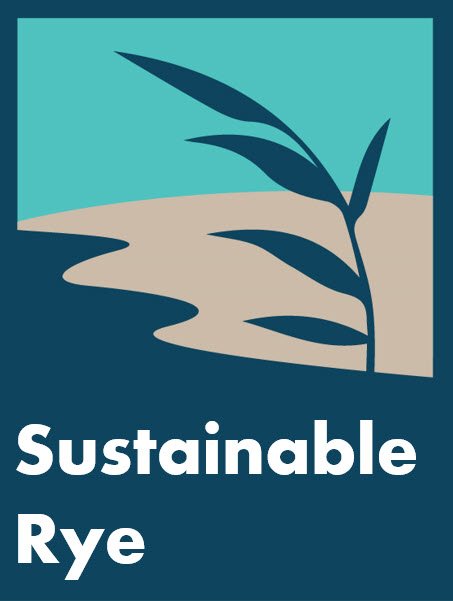For those who attended Rye Sustainability's 1/27/17 healthy yard workshop, you would've heard landscaper Lenny Merone speak about the benefits of natural landscaping. In addition to providing landscaping services for Westchester residents, Merone created a natural landscaping program and oversees grounds maintenance for Bronxville school fields. The Bronxville school district maintains the field for school use, but it's considered a recreation field, and is open to the public.
“The naturally landscaped fields are “as good, if not better than the original.””
In a recent interview with Karen Petersen, Bronxville Athletic Director, Peterson explained the logic behind making the switch to naturally landscaped fields.
How long have the fields been free of synthetic chemicals? We first switched over to "green products" - corn gluten and organic fertilizer - about six years ago, and then about three years ago, Merone put together a comprehensive natural landscaping program for us.
Why did you decide to switch to synthetic-free landscaping?
Three reasons:
- Mainly, the kids: The chemicals, including high phosphorus fertilizers and weed killers, have a detrimental effect on the environment. Bronxville has had a green policy in the schools and it seemed hypocritical to be teaching about a healthy and natural lifestyle while treating the fields with chemicals.
- Our ecosystem: Bronxville is near the Bronx River and we don't want chemicals leaching into the water supply.
- The protection of our wildlife, particularly, a threatened pollinator population.
What are the secrets to success of a well-maintained field?
- Regular aeration.
- Fencing to keep traffic off the fields when they're not in use.
- Overseeding at the right time to control weeds.
- Leaving the fields untouched during the winter months.
Is natural landscaping more expensive than the traditional method? We made the switch a number of years ago and the products are more expensive, but not outrageously so. The fields require some additional care and maintenance, which is provided by our contract with Merone. The main cost increase is due to the overseeding required to control weeds.
Do you have any future plans? Looking ahead, we have plans to put in an organic infill turf field.
Should the City of Rye adopt a similar policy for its public spaces? Let us know what you think by responding to our survey on the RSC Home Page.




